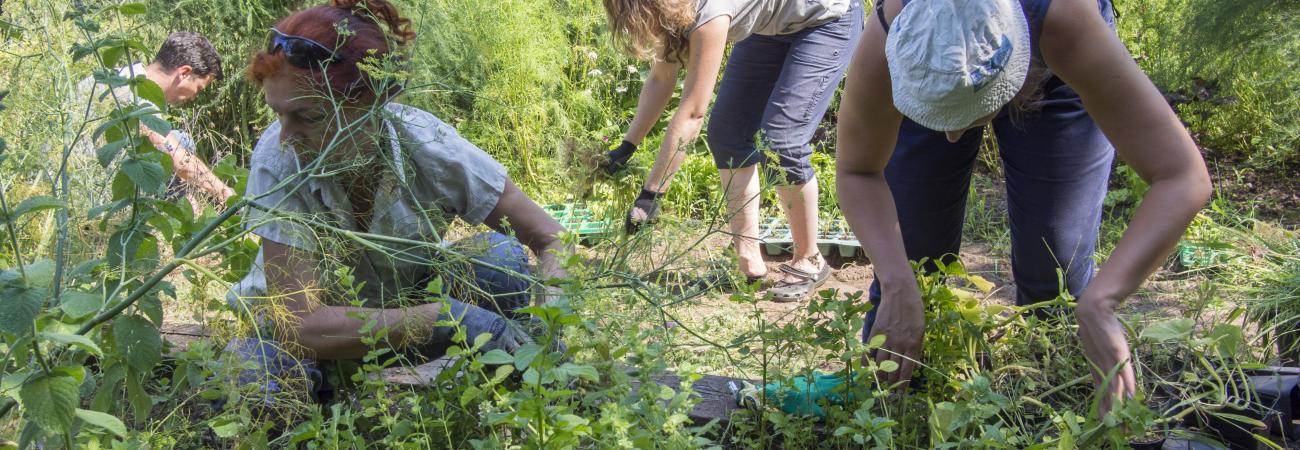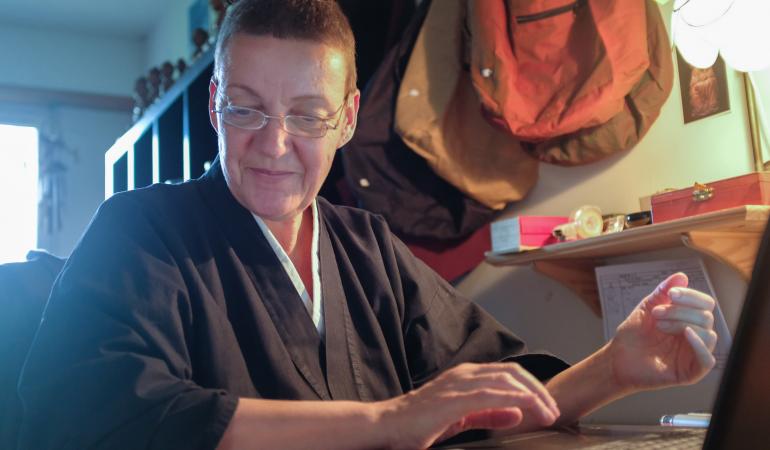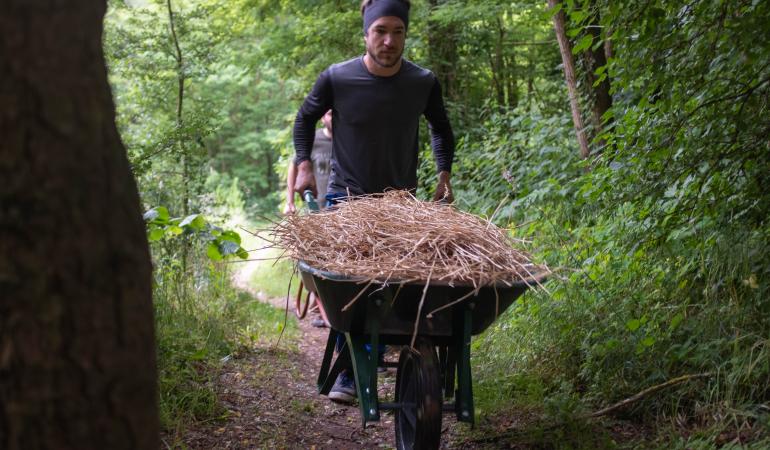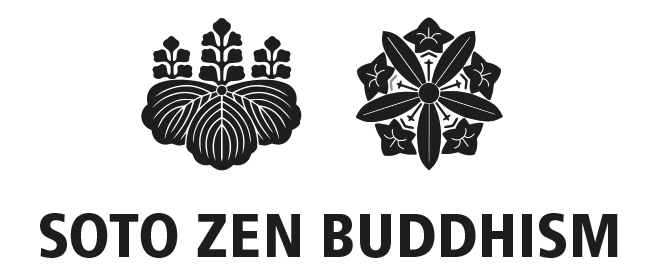
Practicing samu
In zen buddhism, great importance is placed on working for the community. Such work is done in the spirit of generosity and devotion. This voluntary work is known as samu.
The collective energy of practicing zen buddhists has allowed for the founding of numerous dojos and monasteries in Europe during recent decades. Samu is essential for the daily workings of such establishments. Cooking, cleaning the premises, preparing bouquets of flowers for the alters... all of these tasks are carried out in the spirit of generosity - a core value of buddhism. During sesshins - meditation retreats - time is devoted to samu which offers participants the opportunity to work in concentration and silence, one step at a time. In the kitchen, the colours of the vegetables become more vibrant, oil sizzles audibly in the pan, and an array of aromas fill the air.

At Ryumonji Monastery, all of the maintenance as well as the daily fuctions of the monastery depend on samu. As such, samu is scheduled for every morning and afternoon. After a short cermony, the nun or monk responsible for samu assigns tasks to everyone present. Work includes assiting in the office, cutting vegetables in the kitchen, cleaning the toilets, stacking firewood, weeding the garden, or perhaps even building a shelf to organise footwear. Whatever the task may be, participants dedicate themselves to it peacefully. In the simple act of performing duties with complete concentration of body and mind, life becomes simple and serene.

THE SPIRIT OF THE SAMU TODAY
The Japanese tradition of Zen has retained this autonomous way of functioning.
Samou is today an integral part of the practice. During samou, the mind of concentration, of presence produced from zazen (Zen meditation) is maintained in all the activities of the day.
Everything becomes practical and there is no separation between meditation and activity. The temples, the dojos, were created in large part by the energy and investment of the practitioners, by their samou. All the activity that takes place there is samu: preparing meals, gardening, building, repairing, organizing stewardship, doing the accounting, creating events etc.
The samou is the work dedicated to the community. It therefore becomes a practice like zazen or the sewing of the kesa (clothing of the ordained) which helps to produce the spirit of awakening, the spirit of altruism. Samou and zazen are soothing and rewarding practices that allow us to lay a paving stone on the Way, for ourselves and for others.
A natural and spiritual joy radiates from this practice.
To be a samou is to be active in the Buddha's house.


